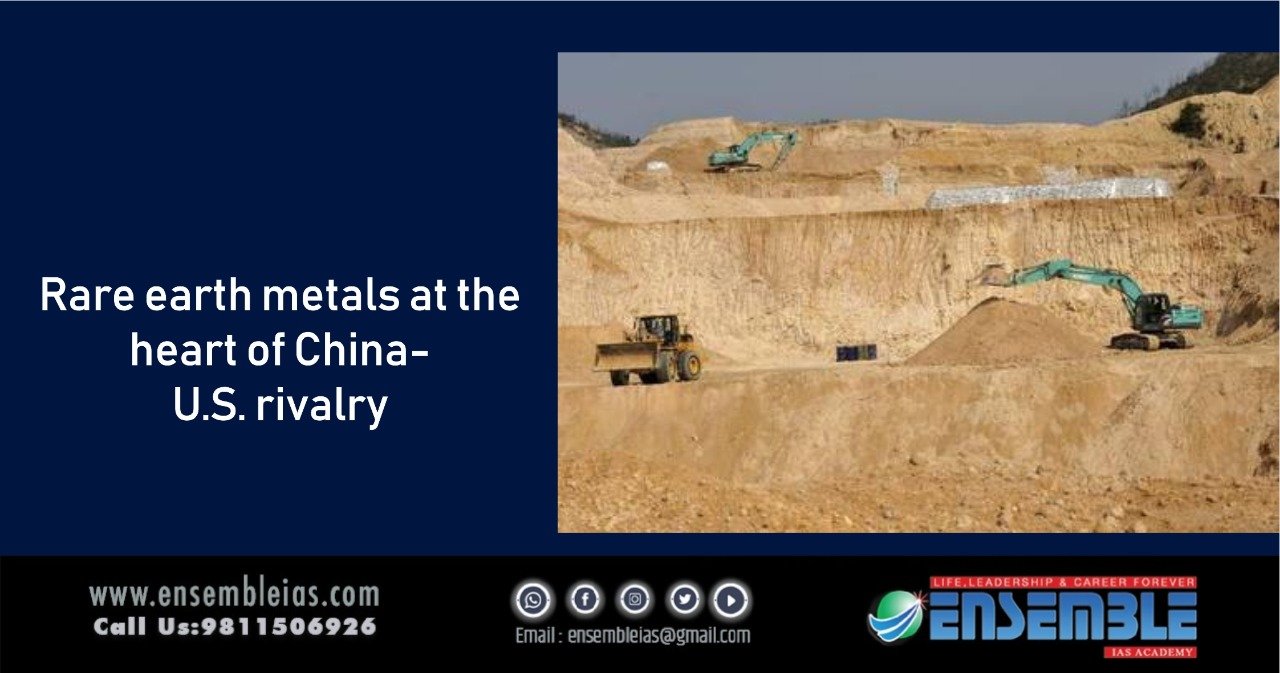Rare earth metals at the heart of China-U.S. rivalry
Rare earth metals at the heart of China-U.S. rivalry: Beijing’s dominance in these minerals, key to the future of manufacturing, is a cause for concern for the West
To buy our online courses: Click Here
Agence France-Presse New York
What if China were to cut off the U.S. and Europe from access to rare minerals that are essential to electric vehicles, wind turbines and drones?
At a time of frequent geopolitical friction among those three powers, Washington and Brussels want to avoid this scenario by investing in the market for 17 minerals with unique properties that today are largely extracted and refined in China.
“The expected exponential growth in demand for minerals that are linked to clean energy is putting more pressure on U.S. and Europe to take a closer look at where the vulnerabilities are and the concrete steps these governments can take,” said Jane Nakano, a senior fellow at the Washington-based Center for Strategic and International Studies.
Heavy dependence
In 2019, the U.S. imported 80% of its rare earth minerals from China, the U.S. Geological Survey says.
The EU gets 98% of its supply from China, the European Commission said last year.
Amid the transition to green energy, in which rare earth minerals are sure to play a role, China’s market dominance is enough to sound an alarm in western capitals.
Rare earth minerals, with names like neodymium, praseodymium and dysprosium, are crucial to the manufacture of magnets used in industries of the future, such as wind turbines and electric cars. And they are already being used in consumer goods such as smartphones, computer screens and telescopic lenses.
Also Read: Explained: How G7 counter to China’s Belt and Road Initiative will benefit India
This week the U.S. Senate passed a law aimed at improving American competitiveness that includes provisions to improve critical minerals supply chains.
U.S. aims to boost production and processing of rare earths and lithium, another key mineral component, while “working with allies to increase sustainable global supply and reduce reliance on competitors,” Deputy Director of the National Economic Council Sameera Fazili said on Tuesday.
The best hope for boosting American production can be found at the Mountain Pass mine in California.
Once one of the major players in the sector, the mine suffered as China rose and ate up its market share, aided by Beijing’s subsidies.
China is expected to remain dominant for some time to come, but experts say that if recycling is scaled up, “20 to 30% of Europe’s rare earth magnet needs by 2030 could be sourced domestically in the EU from literally zero today.”




